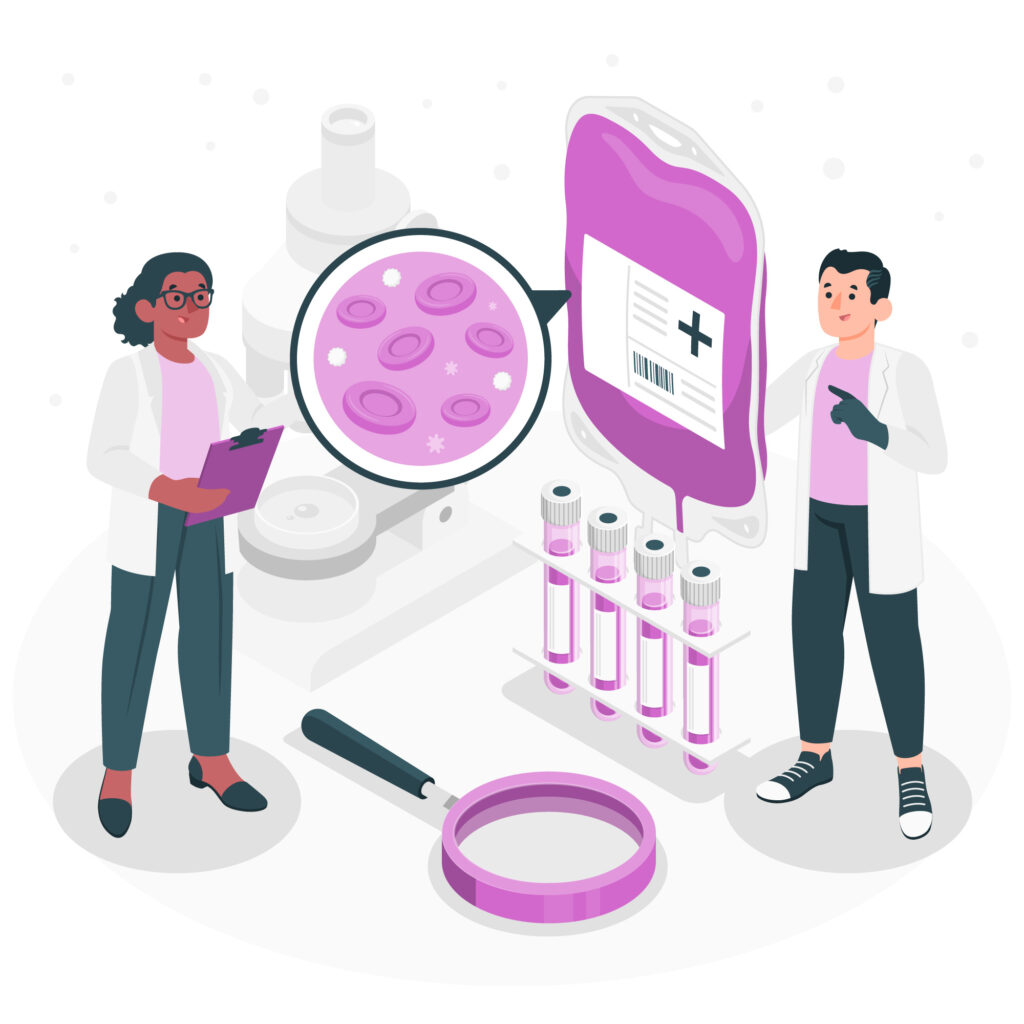In the realm of public health, diagnostic testing services stand as crucial pillars in identifying and managing contagious diseases like COVID-19, influenza (flu), and Respiratory Syncytial Virus (RSV). These tests play a pivotal role in early detection, guiding treatment strategies, and preventing the spread of these respiratory illnesses.
Unveiling the Tests
COVID-19 Testing: As the world battles the COVID-19 pandemic, diagnostic tests for SARS-CoV-2, the virus responsible for COVID-19, have taken center stage. PCR (Polymerase Chain Reaction) tests detect the genetic material of the virus, while rapid antigen tests swiftly identify specific proteins on the virus’s surface. These tests aid in prompt isolation, contact tracing, and containment efforts.
Flu Testing: Seasonal influenza, commonly known as the flu, shares symptoms with COVID-19, making accurate testing crucial for proper diagnosis. Rapid molecular assays and antigen tests are used to detect the presence of influenza viruses, aiding in timely treatment and reducing unnecessary use of antibiotics.
RSV Testing: Particularly affecting young children and older adults, RSV causes respiratory tract infections. Testing for RSV involves molecular assays and rapid antigen tests, facilitating prompt identification, especially in infants and older individuals susceptible to severe complications.
The Impact of Timely Testing
Timely testing services hold immense significance:
Effective Patient Care: Early identification allows healthcare providers to initiate appropriate treatment protocols promptly, preventing complications and improving patient outcomes.
Containment Strategies: Rapid testing aids in containment efforts, reducing the risk of community spread and subsequent outbreaks.
Public Health Management: Accurate data derived from testing helps public health agencies in formulating guidelines, implementing preventive measures, and allocating resources efficiently.
Challenges and Innovations
Despite their crucial role, testing services face challenges such as accessibility, accuracy, and scalability. However, ongoing innovations in testing technology, including point-of-care testing, home testing kits, and advancements in testing methodologies, are continually enhancing accessibility and accuracy while expediting result turnaround times.
The Future of Testing Services
The integration of comprehensive testing services into routine healthcare practices holds promise in creating a more resilient and responsive healthcare system. Continuous research, development, and implementation of innovative testing methodologies aim to streamline testing processes and improve the overall efficiency of healthcare delivery.
In conclusion, testing services for COVID-19, flu, and RSV stand as indispensable tools in safeguarding public health. Their role in early detection, containment, and informed healthcare decisions remains pivotal, shaping the landscape of healthcare practices and ensuring a healthier future for communities worldwide.

